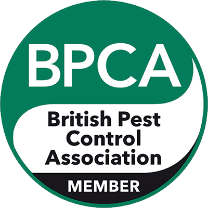
Call 0333 567 2020 for advice and quotes or contact us online
Avian Flu
Avian Flu - Prevention and Carcass Removal Services
A record number of cases of avian influenza virus infections, or ‘bird flu,’ were confirmed across England, Scotland, and Wales in wild and captive birds last winter (2021/22). Normally, detections of bird flu decrease during the spring and summer months, however, the epidemic has continued, particularly in ducks, geese or other large swimming birds and sea birds. As we head into winter 2022-3, there have been further increases in detections recently, both in wild and captive bird flocks, leading the Department of Environment, Food and Rural Affairs (DEFRA) to put in place an Avian Influenza Prevention Zone in the UK.
The winter migration of wild birds is likely to further increase transmission of bird flu as infected wild swimming birds can infect local and wild bird species who do not migrate, poultry or other captive birds resulting in local transmission either directly between birds or indirectly by birds encountering environmental contamination, including faeces and feathers from infected birds. It is important that people do not touch dead or sick birds.
NBC can assist you in the removal of dead animal carcasses but also look to advise you on preventative bio-security measures to prevent avian bird flu affecting your business or estate.
“Keeping wild birds from landing around the site, using nets, bird scaring devices and biocidal products helps. Vehicles need to be also decontaminated, fogging equipment and compressed spray units can be used to apply the product.” DEFRA, UK
CONTACT US FOR A SURVEY & QUOTES
NBC can support with
- Risk management plans
- Surveys
- Carcass removal
- Bird Deterrents - netting & lasers
Gallery

Find your local contact
Why choose NBC Environment?
National coverage, rapid emergency response and more…
Customer testimonials
We are always proud of our high standards and love our client feedback.


